By Dr Fiona Pearson
Today is the day and your pet has come to us for their procedure, what now I hear you ask. Is it as simple as picking them up tonight? Not quite but luckily it isn’t too complicated. The answers to our frequently asked questions below should help you help your pet have the smoothest recovery.
I dropped my pet off for their procedure this morning, when will I pick them up?
| We usually ask that you give us a call between 2-4pm to check how everything has gone and organise a time to come back in and pick up your pet. What should I have ready before I pick my pet up?It is a great idea to have a nice warm cosy indoor area at home set up for your pet before you come pick them up. Ideally you’ll also be able to keep them relatively confined here to stop them being too active during their recovery. Somewhere warm and quiet is great for them to come home to as they’re likely going to be tired from their big day at the vets! |
What should I expect when my pet gets home?Your pet will likely be quite sleepy, this is very normal after an anaesthetic as some of the drugs can take hours to completely wear off. They’ll also probably be missing some fur! If they’ve had surgery this area will be shaved and they may have a shaved forearm too. Their forearm is where we give some of the injections and place catheters into their veins. They might have a little bandage over it; this is fine to come off that night or the next day. Can I feed them dinner?Sure can. Unless your vet has told you otherwise your pet |
is fine to have some dinner a few hours after they get home. It’s a good idea to just give a small bland meal such as boiled chicken breast and cooked white rice or a small amount of their normal food. We don’t want them eating too much too quickly as there’s a chance they can make themselves sick. They should have access to water as soon as they get home.
Do they have to stay inside?
Yes. Your pet should be kept inside at least overnight and depending on the procedure longer may be needed.
My pet has a bit of a cough, should I be worried?
Not necessarily. Your pet may have had a tube placed in their windpipe so we could give them a gaseous anaesthesia. Sometimes this causes a little bit of irritation, if this is the case the cough should only last a few days. If your pet’s cough lasts longer than this or they are otherwise unwell, such as they have lost their appetite, then you should contact your vet.
My pet keeps licking at the wound and chewing their stitches?Unfortunately our pets don’t realise that licking at their wound isn’t going to help! In fact they risk pulling out their stitches or infecting the wound if they are licking or biting at it too much. If you see your pet repeatedly bothering their wound then they may need the dreaded cone around their head to stop this. Despite its reputation most pets actually quickly get used to this cone around their head and aren’t too bothered by it after a short period of adjusting. It’s a great way to protect their wound and protect you from an emergency trip to the vet because they’ve pulled their stitches out. Once it is on its better to leave it on rather | than take it on and off again as that can be annoying for your pet and it also only takes a moment for them to go back to chewing. If you weren’t given an Elizabethan Collar (cone) at the time of discharge but your pet is chewing the wound call the clinic and organise to pick one up. What should the wound look like?The wound should be clean and pink to reddish pink in colour. Seeing a small amount of blood seep from the wound in the first 24 hours is no reason to panic, especially if your pet isn’t obeying the rest and recuperation order and is being quite active. Some bruising may develop over the first few days, this is also normal. Things that would make |
you worry and call your vet are: continuous bleeding or bleeding in a large volume, bleeding after 24hours post surgery, any large swelling, if the skin becomes very red and hot or any discharge especially if this looks like pus.
Do these stiches need to be taken out?
Usually yes. Most of the time they are removed in 10-14 days, check with your vet when is the most appropriate time for your pet as this will depend on the particular surgery they’ve had.
How long do I need to keep my pet quiet for?It depends. This will be dictated by the procedure your pet has had. At least keep your pet quiet overnight to recover from the anaesthesia. If your pet has had surgery the extent of the operation will determine how long they should be quiet. I’m confused by the medicationsThat’s okay. All your pets medications will have labels detailing how often they should be given and if they need to be given with food or not. Sometimes it helps to write them on the calendar if the frequency is going to change as it is important to get this right. If you’re still confused don’t hesitate to call your vet and confirm what you should be giving. This is better than giving the wrong thing! |

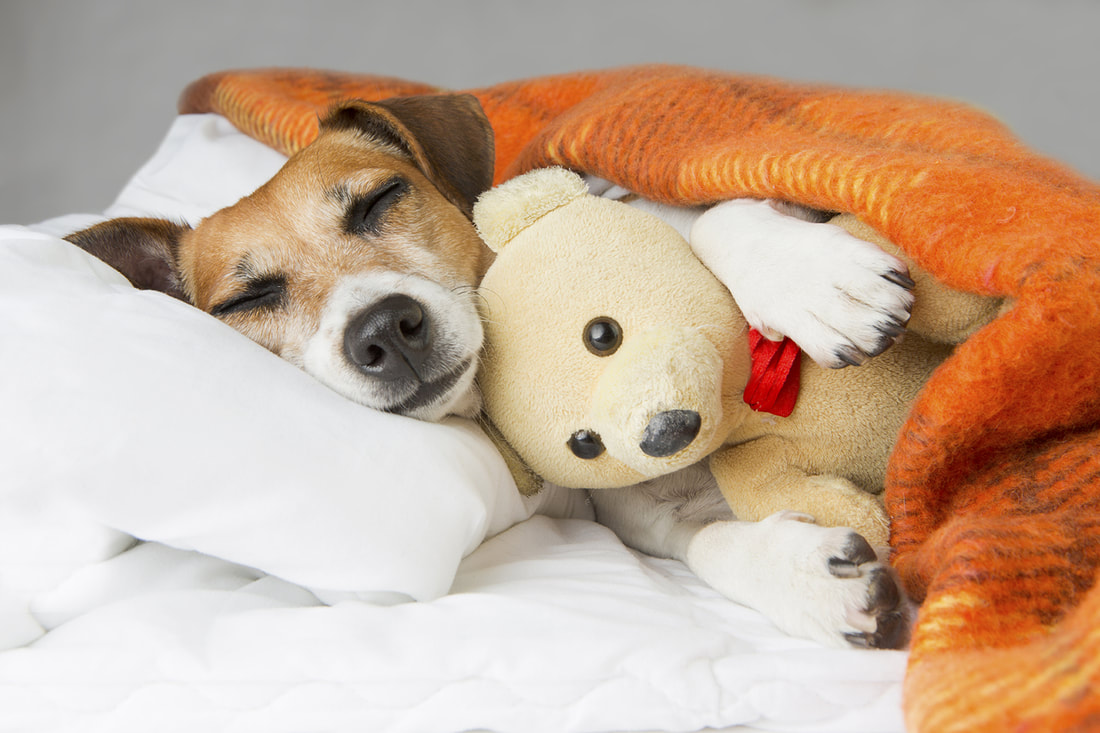
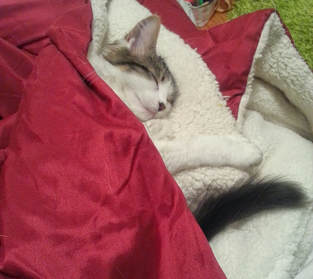
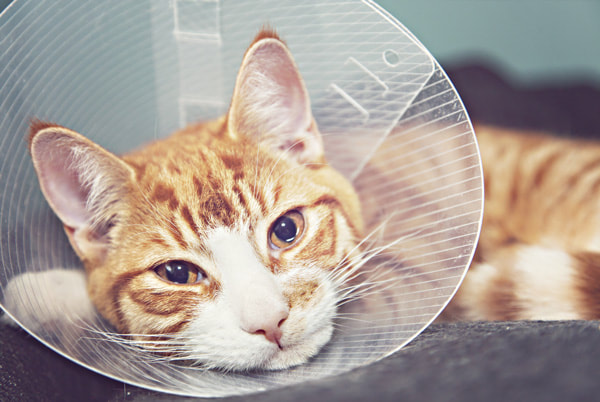
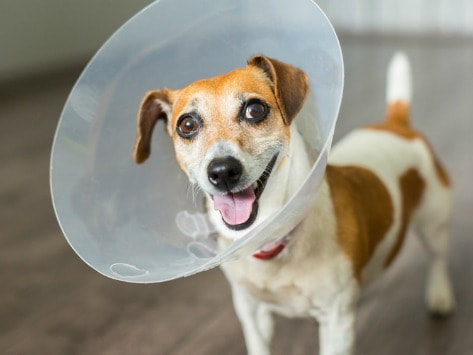
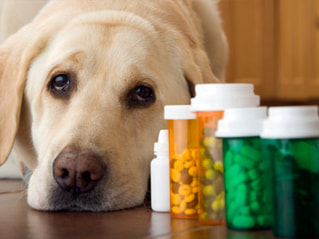
 RSS Feed
RSS Feed